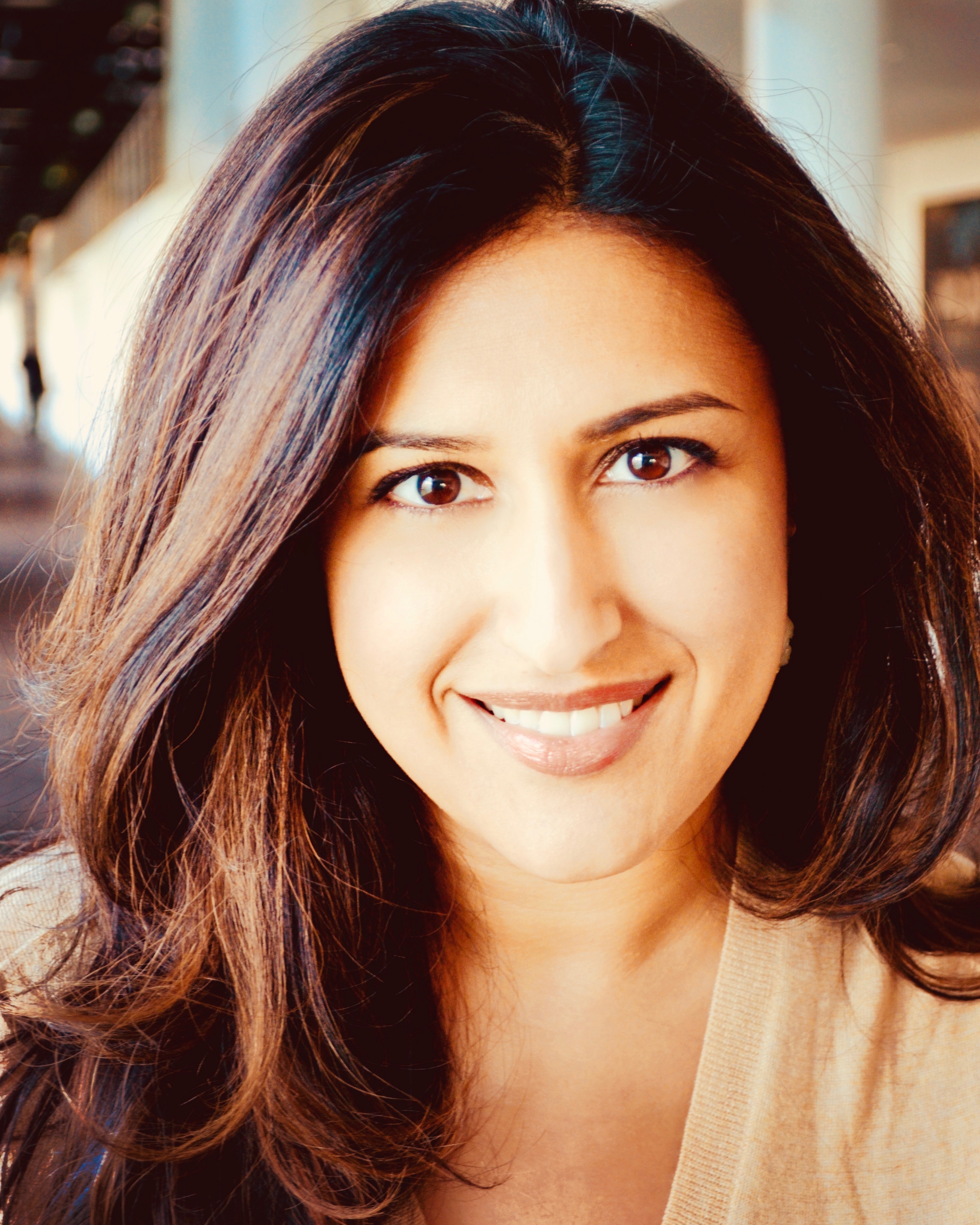
Before our boy was born, my husband and I had a conversation about the kind of life we wanted to create for our growing family. We were adamant that we didn’t want any emotional baggage from our past, our family histories, to be passed down to him. We were adamant that we deal with our “stuff” so that we could be aware and present should old habits, thought patterns creep up. The fact that we were already on that path of self-awareness before we got together was a bonus. Oliver James, the author of How Not To F*** Them Up, says at the basis of an emotionally healthy child is the emotional health of its parents. Basically, if you’re happy, they’re happy. He adds in an interview with The Independent, “The real challenge of parenthood, is you, not your child.” How right he is.
When I became a mother, it was the most terrifying time of my life. I remember thinking as a former anchor who had handled multiple breaking news stories on the fly without any scripts, and sometimes without any direction or information, live on the air to millions of viewers expecting a coherent understanding what is happening, that that was a breeze compared to motherhood.
It wasn’t about learning the logistics of taking care of a baby, a child. Anyone can learn to change a diaper or make up a bottle of formula to feed him/her. It was about learning, from Day One of knowing I was pregnant, whether my baby in my womb was developing as he should, whether (when it was time) he was kicking as he should. When he was born, the first thing I listened out for was his cry because then I knew he was breathing and that he entered the world safely. Then, as he started to grow, I had to learn to decipher what a specific cry meant, whether my baby was growing at the right rate in the right way, it was examining what was in the diapers to understand the inner workings of his digestive tract and if I needed to be concerned (the latter is a constant–whether there’s a reason or no reason). It was always making sure he was being fed, nurtured, stimulated enough to get those neurons in his brain fired up at the right time in the the right way. Not too much but not too little either. All the while being cognisant of his mental and emotional health. Motherhood, parenthood isn’t instinctive for everyone. For some, like me, it’s learning as I go along, and going by feel.
My husband and I don’t always get it right. We are figuring it out along the way and yes, old habits and thought patterns do creep up. And kids are hard work. They know how to push your buttons. That’s what’s so great about them too. They hold a mirror up to us every single day. They make us look at ourselves and how we are behaving. While my husband and I aren’t enlightened people per se, we are people who are self-aware, or at least we are doing our best to be that way. I know I’m not zen 100% of the time no matter how much yoga I do or how much I read about the subject. Hell, I’d be lucky if I was zen 20% of the time (after all, I’m dealing with my own journey through life’s changes too. Plus, I’m an animated Indian woman who doesn’t believe in being passive aggressive). But I’m trying and isn’t that the point of life? To keep trying, to keep going, to keep learning? And by being open about it all we are more adept at recognising our mistakes and changing course. And when we make mistakes, we apologise. That was unheard of when I was growing up. Back then, parents were never expected to apologise no matter how wrong they were. But we do apologise. It is important for our son to see us as fallible beings who take responsibility for their actions. It is important for our son to see that one doesn’t have to be perfect, to get it right all the time, but to learn from mistakes and to keep trying, to keep going. In apologising to him, we are treating him with the respect he deserves, the respect all kids deserve. When kids are treated with respect, they feel seen and that is a powerful boost to their self-confidence and sense of self-acceptance.
Why is all of this important? Being a parent isn’t only a labour of love. I believe it is a privilege. It is also a responsibility to not just our family but also to a future in which he will play a part. John M. Gottman, author of Raising and Emotionally Intelligent Child describes those kind of parents as “Emotion Coaches”. He writes, “much like athletic coaches, they teach their children strategies to deal with life’s ups and downs. They don’t object to their children’s displays of anger, sadness, or fear. Nor do they ignore them. Instead, they accept negative emotions as a fact of life.” It is our responsibility as parents to help our become whoever he wants to be. Our job isn’t to shape him or force him into a role. It is to nurture his spirit and soul so that he has the confidence to find who he is himself. Of course we teach him boundaries, the difference between right and wrong, about kindness and compassion, about acceptance, about being comfortable in his own company, about working well (not hard, but well), about having and making choices and learning to know how to navigate himself through it all. We encourage him to get to know himself because in seeing himself, in learning how to treat himself with love and kindness, he will know how to treat others with the same respect. After all, he is not going to live in our little bubble forever no matter how much the thought of him flying the nest breaks my heart. I know he is going to have friendships, relationships both professional and personal, so he needs to know how to relate to people and how to treat them. And he will learn all of those things from watching us.
All of that will come as he continues to grow but it is our responsibility to ensure he has the foundations of an emotionally intelligent human being. I don’t need my child to be the top of the class academically. Now that doesn’t mean I won’t push him to do his best nor does it mean I won’t be strict about his school work. What is important to me is that he is the kid who will comfort another child in school who is sad or who feels alone. It is important to me that he helps protect another from bullies. It is important to me that he is inclusive and invites kids to play with him and not get wrapped up in cliques or exclusion. And as Gottman writes, “Researchers have found that even more than IQ, your emotional awareness and ability to handle feelings will determine your success and happiness in all walks of life, including family relationships.”
The pressure to not “f*** (him) up” is huge because kids are sponges. They watch us, they see how we are to each other and to ourselves and soak up all that information to store in the backs of their minds somewhere. What they see, what they learn from us and how we behave and act to them and to each other, comes out in the playgrounds in the classrooms, and eventually in the workplace, in relationships, and then potentially, in families of their own. This pressure is felt by parents everywhere.
Being a parent is the most important and fulfilling role I have ever had because what I believe I am doing is preparing a human being for the future. We are shaping our future existence. Even a flower, when you plant a seed, water it, give it the nutrition it needs–the sun, the rain, the love–it is expected the flower will grow and will flourish. With a child, there are no guarantees no matter how much love there is. The hardest part is letting go and hope that you’ve done all that you can to instil in them the skills and tools they need to not only survive and thrive but to contribute to humanity by being responsible for, and taking care of, the space they occupy on this Earth, the energy they emit. Perhaps it’s our way of paying it forward. By learning the lessons of the past we are not doomed to repeat it in the future. By making a commitment to our mental health, we are showing our son to do so too and to make the choices in life that will enhance his mental health rather than eat away at it–whether it is a job, a person, a place, or a behaviour. And because mental health isn’t just about choices it is about understanding ourselves, we are, hopefully, equipping him with the knowledge to help him deal with whatever comes his way. Something that will stay with him for a lifetime.

